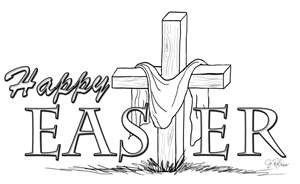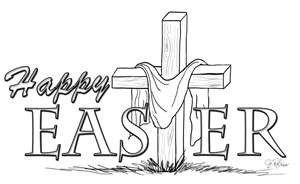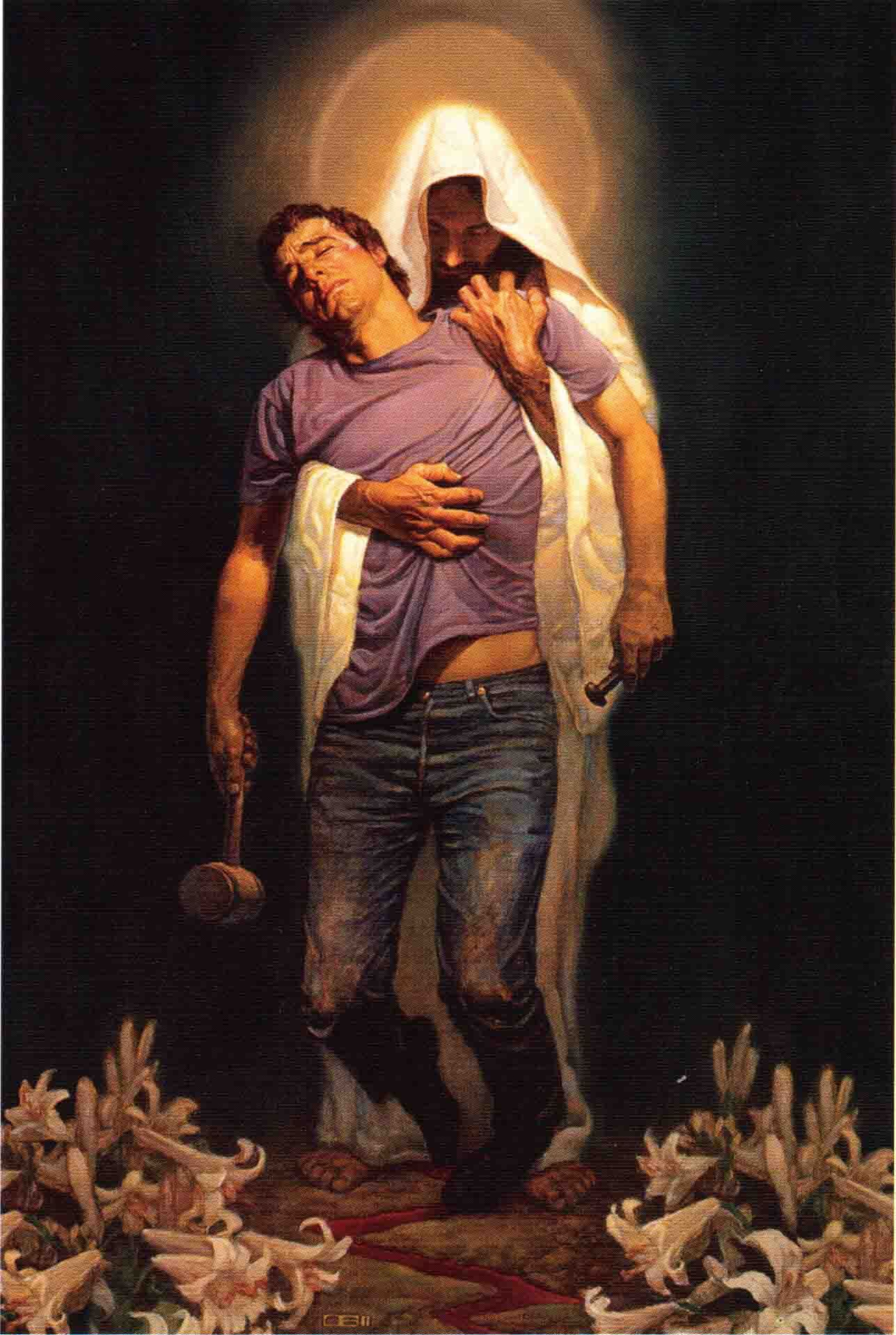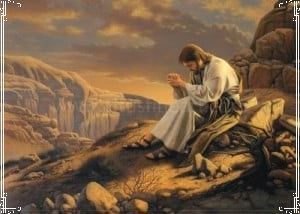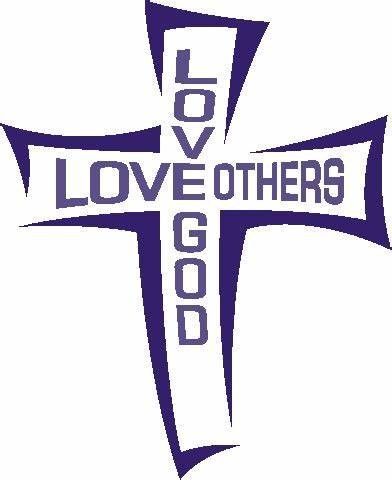How to Take Care of God’s Field

Joke: A husband and wife are having a drink in a bar, when out of the blue he announces, “I love you.” “Is that you or your beer talking?” she asks. “It’s me,” he says, “talking to the beer.”
Perhaps, “I love you” is sometimes a misinterpreted sentence in English. For example, I love you when you love me (it is a two-way street, not a one-way street). I love you when you provide me with what I desire, when you make me happy, when you cook for me when you pay for my shopping, when you take care of my house, when you behave in school, when you listen to me, etc. (it is a conditional love). Is there such a true love called Agape? In today’s first reading and the Gospel, the authors portray the landowner of a field who is disappointed in what happening to his field. Both the landowner and the tenants interpreted the sentence “I love you” very differently in today’s readings.
The landowner interpreted the sentence “I love you” by trusting and having total faith in giving what he so loved and so dear to him, his field, to his tenants. The tenants, on the other hand, interpreted the sentence “I love you” by getting envious and greedy too much to the point that they even killed the son of the landowner just to get what they wanted.
In today’s first reading, Isiah describes the scene where the landowner loved his field and did all he could to take good care of his field, but all he could harvest at the end of the day was that he “looked for judgment, but see bloodshed! For justice, but hark the outcry!” Why was that he couldn’t find anything good that came out of his field, nothing good came out of his gentle and loving care for the field. To clear our minds, Matthew helps us to understand what causes bad fruits in the field when the landowner only sows good seeds and takes good care of his field.
Matthew learned from the Lord Jesus himself explaining the two very different attitudes of the two different characters: the landowner and the tenants. The landowner planted a field very carefully, he even built a tower to watch over the field. Not only that, he hired tenants to watch over his field, while he went on a journey. With faith and trust in the tenants that he entrusted them to take care of his field, the Lord also had faith and trust in us that he gave us this universe to take care of ourselves.
The tenants, on the other hand, had no sense of caring for the field of the landowner. Why was that? What caused them to seize the servants, to beat them, to stone them, and to even kill them including the son of the landowner? When the son of the landowner came, the tenants said to one another, “This is the heir. Come, let us kill him and acquire his inheritance.” Out of envy and greed, out of inheritance and power, they killed the son of the landowner. Brothers and sisters, have we ever seen ourselves as those tenants? Have we ever taken care of God’s field entrusted to us? We might ask: What is God’s field that was entrusted to my care? For some of us, God’s field is to attend Mass on Sunday and holy day of obligations. God so loved us to create us with seven days a week to take care of his field, this universe, and what contents in it. There are seven days a week, and the Lord asks us to honor him only one day a week. Yet, some of us still complain or try to excuse ourselves that we don’t have time; we are still afraid of Covid 19; we have work to do; we are on a trip with others who are not Catholics so we don’t want to interrupt the trip to go to mass ourselves, etc. We have seven days a week, and 24 hours a day which is 168 hours a day. We just need to take at least one or two hours out of 168 hours to come to Church to participate in the Mass to thank the Lord for this gift of life and to remember the Lord’s passion, death, and resurrection, and some of us still excused ourselves that we don’t have time or whatever reason it is.
How can we take care of God’s field when we don’t even have time? When we are afraid to come to be with him, especially to receive him into our life in the Eucharist? When we are hurt by someone who said something or did something wrong to us, we leave the Church and quit practicing the faith. This is the field that God entrusted to every one of us to take care of, but have we had enough courage and strength to take care of this central field, the Holy Eucharist which nurtures our soul? The field that we are all entrusted to take care of is not only about attending Mass on Sunday and holy days of obligation, but it might be also paying attention to each other at home, at work, in school, or in our community, to try not criticizing nor judging others, to take care of ourselves by eating healthy food, by doing some physical exercise, by helping our spouse to clean up the house, by spending time to help our children doing their homework and many other things that we can do to take care of God’s field. Each one of us is entrusted to take care of God’s field, it is either large or small, rich soil or bad soil, each one of us is entrusted with God’s field to work in this life, what is your field? How are you taking care of your field at this moment? God loved us to create a field for each one of us and entrusted it to our care, how do we respond to his love? Have we taken time to take care of our field? Is there anything so attractive to us that distracted us from taking care of our field? The field of our own spiritual life? The field of your relationship with your spouse and your children? The field of our relationship with one another? The field of listening and caring for others? The field of surrendering our own will to God’s will? The field of having faith and trust more in God? The field of stopping using drugs, swearing, using the name of the Lord in vain, etc. the field of engaging in the life of the Church such as participating in at least a ministry that we have in our parish or financially contributing to maintain our Church and community. What is your field at this moment that the Lord invites you to work on? The sentence “I love you” that the landowner, God, interprets with true love to entrust his tenants, us, to take care of his field. How would we interpret the sentence “I love you” in response to God’s love in this walk of life? The decision is yours.
